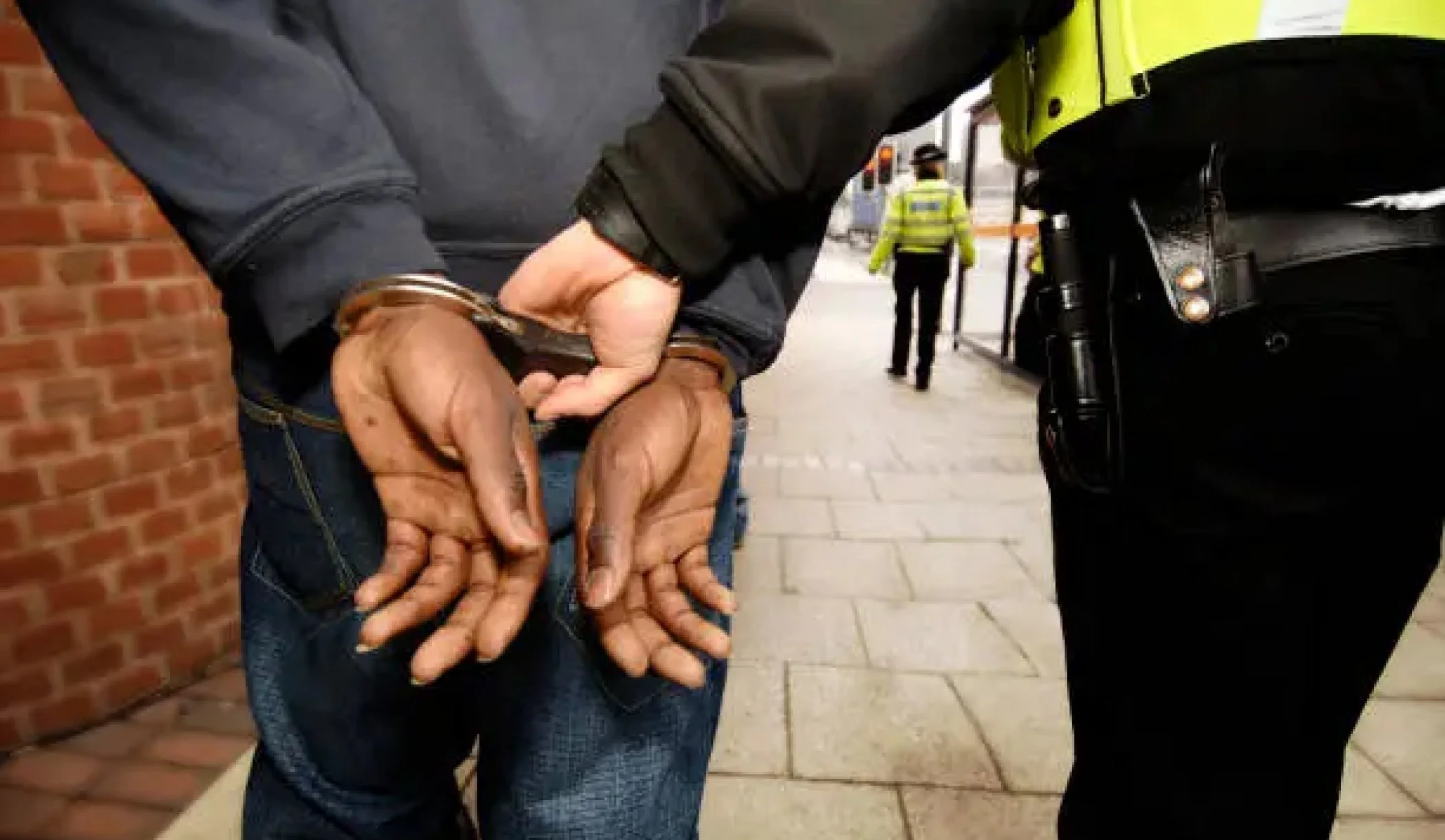Arrested – What happens next?
Being arrested can be a deeply unsettling experience, especially if it comes as a surprise or you are unsure why it is happening. In that moment, it’s common to feel overwhelmed, anxious, or completely out of control. Whether you are taken into custody without warning or you are aware the police wish to speak with you, it’s important to understand what happens next and what steps you can take to protect yourself.
This guide explains the arrest process and what you should expect in the hours and days that follow.
Why can the police arrest you?
The police can arrest someone if they have reasonable grounds to suspect that:
• You have committed a criminal offence.
• You are in the process of committing an offence.
• You are about to commit an offence.
In addition, the arrest must meet what are called “necessity criteria” under Section 24 of the Police and Criminal Evidence Act 1984 (PACE). These include:
• Preventing physical harm to yourself or others.
• Preventing damage to property.
• Preventing the loss or destruction of evidence.
• Allowing a prompt and effective investigation.
What happens after an arrest?
Once arrested, you’ll be taken to a police station where you will be formally booked into custody. The process typically unfolds as follows:
1. Your rights in custody
When you arrive at the police station, you are entitled to:
• Have someone informed of your arrest.
• Read a copy of the PACE codes of practice, which explain your rights in custody.
• Receive legal advice.
You have the right to speak to a solicitor, either a duty solicitor or one of your choosing. It is strongly advised not to answer any police questions until you have had the opportunity to seek legal counsel. The information you give, even early on, can shape the direction of your case.
2. Police interview and investigation
If the police decide to interview you under caution, they may present evidence and ask questions about your involvement in the alleged offence. Your solicitor will explain what the interview involves and help you understand whether to answer questions, remain silent, or submit a prepared statement.
Interviews can be high-pressure, and the decisions made here can carry long-term consequences. Being properly advised beforehand is essential.
3. Time limits on detention
There are limits to how long the police can keep you in custody without charge:
• Up to 24 hours – Standard time for questioning.
• Up to 36 hours – Requires approval from a senior officer, only for serious offences.
• Up to 96 hours or more – In very serious cases, the police may apply to a magistrate to extend your detention.
It’s important that your legal representative monitors this process to ensure the police are acting within their powers.
What happens next?
After questioning, the police will decide how to proceed. Possible outcomes include:
• No Further Action – You are released without charge.
• Released Under Investigation (RUI) – The investigation continues, and you remain a suspect without bail conditions.
• Released on Bail – You are released with or without conditions while enquiries continue or pending a charging decision.
• Community Resolution/Police Caution – For some first-time, low-level offences where a full admission of guilt has been made, the police may offer a community resolution or formal caution. This avoids prosecution but does form part of your criminal record and can have future consequences.
• Charged with an Offence – You are formally accused and required to attend court.
Each of these outcomes has legal implications. It’s important to have clear guidance so you understand what is happening and how best to respond.
Support and representation
We recognise that arrest is one of the most vulnerable points in a person’s life—uncertainty, fear, and confusion are all common reactions. We aim to provide trusted legal advice in a way that brings clarity and reassurance as well as removing some of the pressure.
At Kelly Blake Legal, we often receive enquiries from individuals who have already had representation but feel unsupported or uninformed—particularly after the police station stage. We do not take on appeal work, so we encourage anyone facing arrest or investigation to research carefully and make an informed choice as early as possible. The relationship you have with your solicitor will play a key role in how supported and prepared you feel throughout the process.



